My name is Anthony Escalante. As a student, and Peruvian immigrant, I am always looking for ways to become more efficient. I lived off campus from my University, and so would drive back and forth from school, losing both time and gas money. While this was inconvenient, it never crossed my mind that it could also be dangerous. One Tuesday, as I drove back home from an exam, drowsy and tired from lack of sleep, I rear ended someone. It was not a major accident but it shocked me, and made me realize the dangers of a lack of sleep – especially for students. It brought to my attention how tiredness and stress were not being adequately addressed on my campus despite the mental health consequences it causes. In my mind, these were problems that had to be addressed for the physical and mental safety of all students.
It became my goal to provide students the resources they needed to address lack-of-sleep-related stressors. According to a number of surveys conducted on my campus, students self-report suffering from sleep deprivation on a daily basis. A restful sleep seemed to be something we as students did not have the luxury of, potentially aggravating students anxiety and depression levels. As someone who suffers from generalized anxiety disorder (GAD), I know first hand the value a nap or quick rest can have. They can help me be more productive and motivated throughout the day.
While brainstorming potential solutions, the idea of a designated place on campus where students could safely take a quick nap and recharge themselves came into my mind. The first concept I worked on was creating rooms similar to Japanese sleeping hotels – temporary rooms reserved for an hour or so where students could take a power nap in between classes. One concern I faced, however, was whether or not students on my campus would be comfortable with a Japanese style hotel room. While refining my original idea, I learned about Nap Pods, devices easily described as a futuristic spaceship-like chair with a dome that covers the head. They provide soft music and a reclining chair with a level of privacy that can allow people to take quick naps. These Nap Pods seemed to fit all the criteria I had for this project. If my campus could have Nap Pods installed, I believed we could give students a much needed and safe resource to use.
I faced a number of challenges in bringing Nap Pods to my university, and by far the most difficult was finding funding, as the cost estimate for two Nap Pods was $22,000. While high, I did not let the price tag deter me because I knew firsthand the dangers students were put in due to sleep deprivation. I believed in my project and so I began searching for solutions. Through my professional network, I found a Student Government Association (SGA) member who was allocating funds through a program meant to help improve student life on campus. There was close to $3 million unallocated in the student fund so it seemed like the perfect opportunity. I quickly put together a business proposal to fund my Nap Pod idea and hoped for the best.
It turned out that others shared my passion for improving sleep health on campus, because after a few tense months of waiting my project was approved! I was elated at the prospect of finally bringing in Nap Pods to my campus. Following a number of meetings and presentation with the Dean and Board of the campus, a final location inside the university library was approved, and I was subsequently given creative license for their implementation. The moment the two Nap Pods were installed, they began garnering a lot of attention from students and faculty, who came out to the opening ceremony with excitement and curiosity. Throughout this project, I always kept to my core goal of helping improve students mental and sleep related health. While the two Nap Pods are part of a pilot program meant to test the popularity and usage metrics among students, I plan on helping bring many more pods to campus, giving more students the chance to recharge and so avoid the sleep related stressors I was so familiar with.

Please connect with us if you are seeking support or hoping to learn more about being part of a Supportive, Inclusive, Compassionate, and Kind community:
Join The MindReset!
Check out Events for support groups or live events:
- Follow The MindReset Facebook page
- Follow The MindReset Twitter
- Follow The MindReset Instagram
You are always welcome to connect directly with an individual from TMR at themindreset@gmail.com or (802) 377-MIND.


